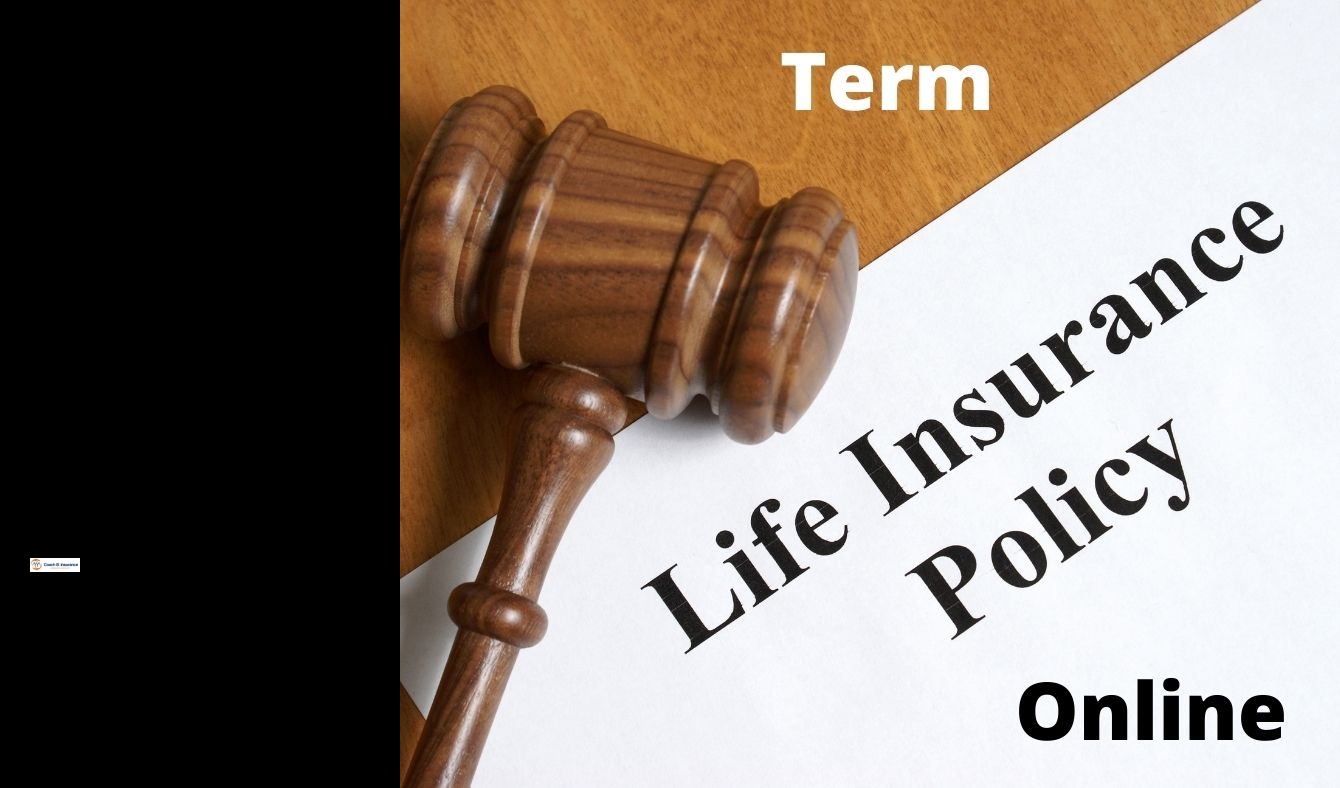10 year term life insurance
No matter your age or your goals, life insurance policies should be evaluated according to your family's financial situation and goals. These are crucial factors in determining the best coverage.
A level term policy is the most popular type of death benefit. This means that the death benefit value will not change over the life of your policy. You can also see the benefit shrinking over time. This is usually done in increments of one year.



